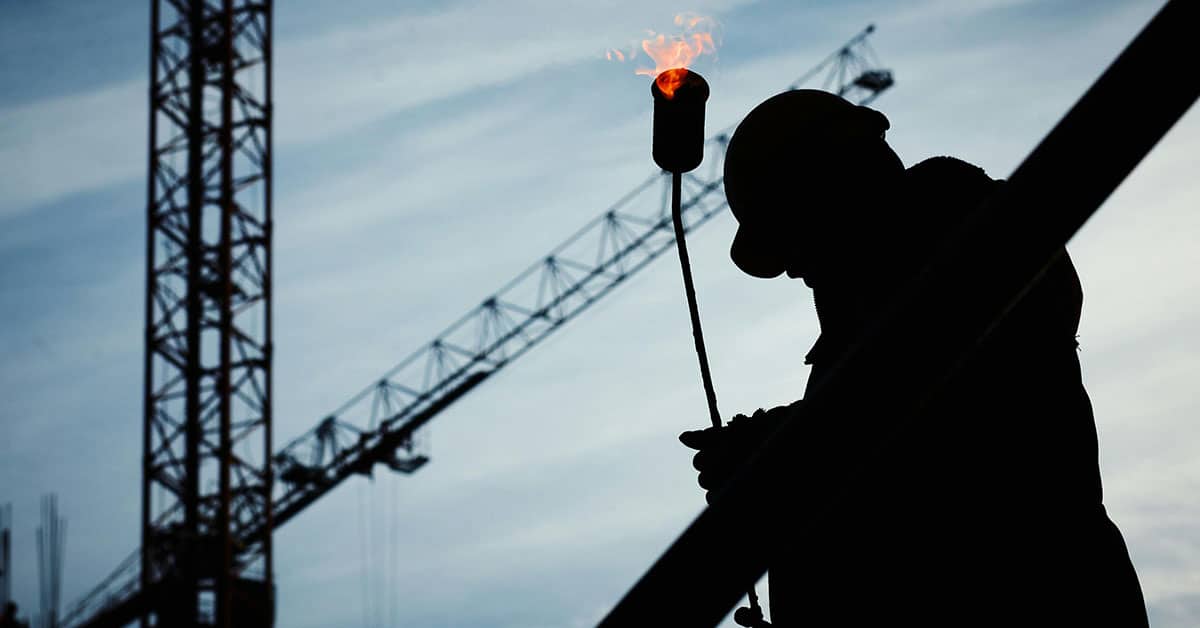What You Can Expect During Your First Build
From idea to ribbon cutting, commercial construction is a complex process. But it doesn’t have to be overwhelming. Whether you’re building a medical clinic, warehouse, or tenant improvement in Colorado Springs, every successful project follows a well-defined path. In this guide, we’ll walk you through the 10 phases of construction that most commercial builds go through — from feasibility to final handover.
Overview
- Phase 1: Pre-Planning & Feasibility
- Phase 2: Financing & Budgeting
- Phase 3: Site Selection & Land Development
- Phase 4: Design & Engineering
- Phase 5: Permits, Zoning, and Approvals
- Phase 6: Pre-Construction Planning
- Phase 7: Construction & Building Activities
- Phase 8: Inspections & Compliance
- Phase 9: Commissioning & Handover
- Phase 10: Post-Construction & Maintenance

Phase 1: Pre-Planning & Feasibility
Every project begins with feasibility. This phase involves analyzing whether the project is possible on the chosen site, estimating high-level costs, and reviewing potential zoning restrictions. It’s the foundation for the rest of the construction process.
Phase 2: Financing & Budgeting
Commercial projects require careful financial planning. This stage includes working with lenders, investors, or stakeholders to secure funding. Cost engineers and estimators often get involved here, ensuring the budget accounts for materials, labor, and contingencies.
Phase 3: Site Selection & Land Development
Choosing the right site goes hand in hand with preparing it for construction. This phase may include land acquisition, surveying, geotechnical investigations, and utility planning. In El Paso County, land development often requires stormwater management and soil stability studies before moving forward.
Phase 4: Design & Engineering
The design phase transforms concepts into detailed architectural and engineering plans. This is where building construction and industrial construction principles come together. In a design-build model, architects, engineers, and contractors collaborate from day one to ensure the design is functional, cost-effective, and code-compliant.

Phase 5: Permits, Zoning, and Approvals
Before breaking ground, the project must pass through local approval processes. This includes:
- Zoning compliance (what type of building can be placed on the site).
- Plan checks by city or county officials.
- Building permits covering structural, electrical, plumbing, and mechanical systems.
Skipping this stage or filing incorrectly can result in fines, delays, or even demolition of unauthorized work.
Phase 6: Pre-Construction Planning
Once permits are in place, the construction manager sets the schedule, procures materials, and finalizes contracts with subcontractors. Safety planning also takes place here, since the construction industry is one of the most hazardous sectors and must follow strict occupational safety standards.
Phase 7: Construction & Building Activities
This is the most visible part of the process — heavy equipment on site, crews at work, and the structure taking shape. Activities typically include:
- Site preparation and grading
- Foundations and structural framing
- Mechanical, electrical, and plumbing systems
- Exterior and interior finishes
Commercial construction often involves specialized systems, like advanced HVAC for warehouses or reinforced structures for industrial facilities.

Phase 8: Inspections & Compliance
Throughout construction, inspectors review the work to ensure compliance with building codes, contracts, and safety standards. This includes periodic inspections of foundations, structural integrity, fire protection, and ADA accessibility.
Phase 9: Commissioning & Handover
Commissioning verifies that all systems (HVAC, electrical, safety alarms, elevators, etc.) are fully operational and meet the owner’s project requirements. After a successful final inspection, the certificate of occupancy is issued, and the building is turned over to the client.
Phase 10: Post-Construction & Maintenance
Even after handover, the process isn’t completely finished. Most contracts include a defects liability period, during which the contractor addresses any issues that arise. Long-term maintenance, repair, and improvements are also part of the asset’s lifecycle, ensuring the building remains safe, efficient, and profitable for years to come.
Why the 10 Phases of Construction Matter
For business owners, knowing the 10 phases of construction provides clarity and confidence. Each stage impacts timelines, budgets, and long-term building performance. With an experienced design-build contractor, clients don’t need to juggle architects, engineers, and contractors separately. Instead, everything is managed under one roof, ensuring efficiency and accountability.
Let Us Simplify the Construction Process for You
The 10 phases of construction may look complex on paper, but with the right partner, the process is seamless and simple. At Hammers Construction, we’ve been helping Colorado Springs business owners build smarter for over 30 years. From the first site walk to final inspections, our specialists streamline every step, saving you time, money, and stress.
Let’s talk about your next project and get you moving forward with confidence.
Frequently Asked Questions About the Construction Process
What are the 10 phases of construction?
They include pre-planning, financing, site development, design, permits, pre-construction, construction, inspections, commissioning, and post-construction maintenance.
How long does the construction process take?
Timelines vary by project size and complexity. Small tenant improvements may take a few months, while large commercial facilities can take 12–24 months or more.
Why are permits and zoning so important in commercial construction?
Permits ensure compliance with safety and building codes, while zoning laws dictate where certain types of buildings can be located. Both are essential for a legal, safe, and functional project.
What makes commercial construction different from residential construction?
Commercial projects involve larger scale, stricter safety requirements, more complex mechanical systems, and stricter compliance with building codes and occupational safety standards.
Does Hammers Construction manage all 10 phases of construction?
Yes! As a specialized design-build contractor, Hammers oversees every stage, from feasibility and financing support to final handover and post-construction support.